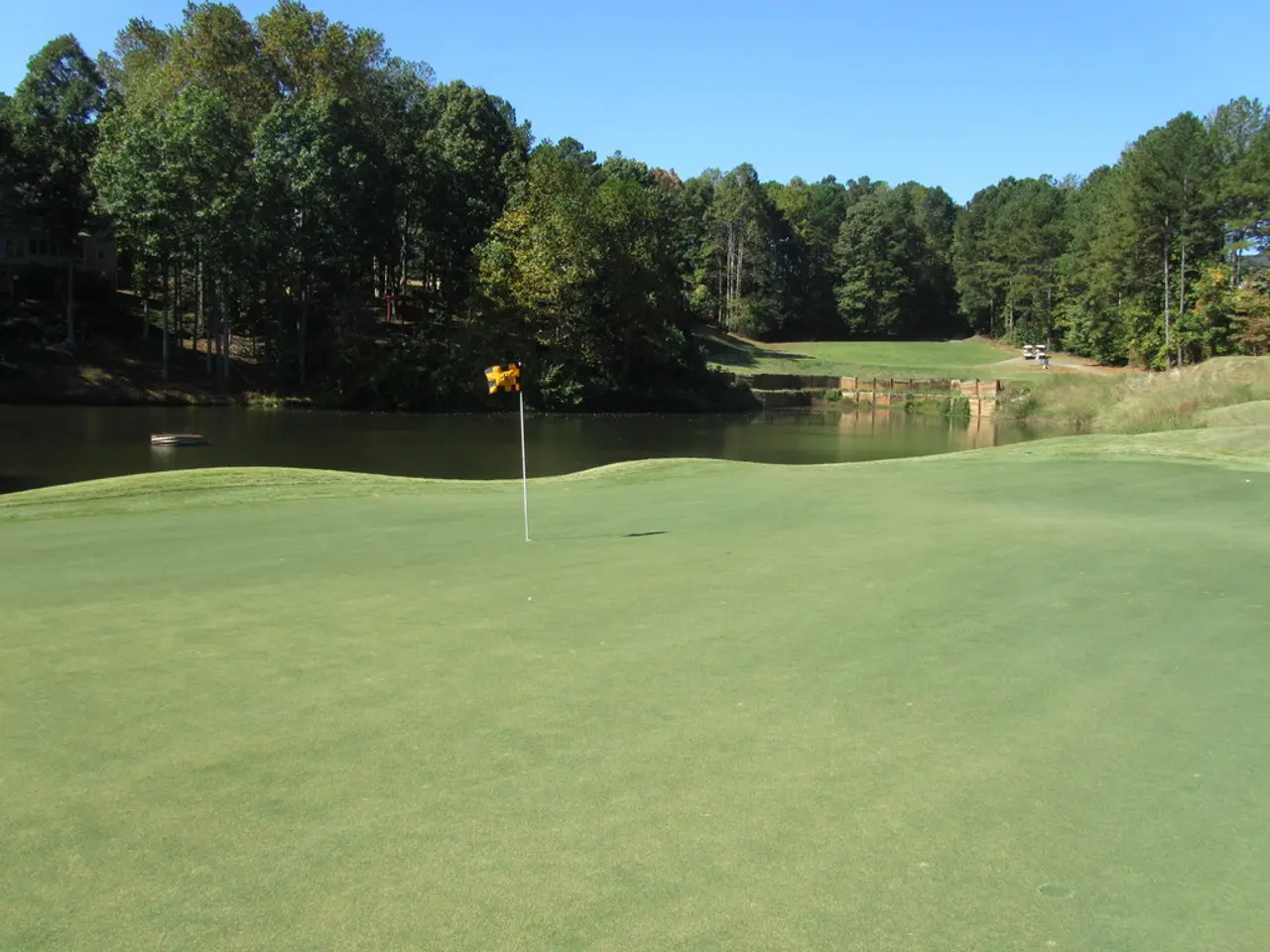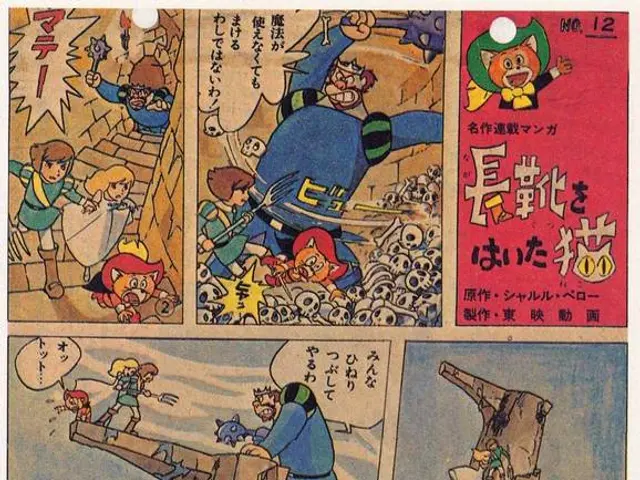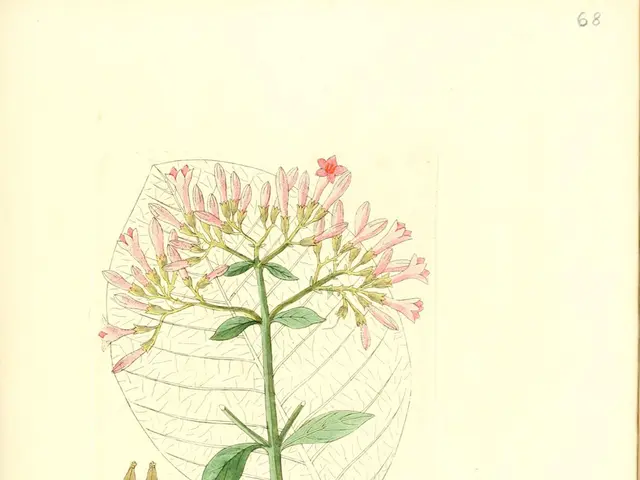A rigorous, nature-based training ground where future scientists are molded in the region of Charlevoix.
In the picturesque region of Charlevoix, the Camp Saint-Viateur, initially named Camp d'écologie Saint-Viateur, has left an indelible mark on the lives of many, particularly in the realm of science. Founded in 1960 by Father Jean-Baptiste Genest, a college teacher, this camp provided a rigorous, immersive ecological experience that fostered a deep-seated interest and commitment to scientific careers[1][2].
This camp served as a formative ground for aspiring scientists from the Charlevoix region, profoundly shaping their career trajectories through its challenging and immersive ecological education[1][2]. Campers were offered unparalleled access to nature and science, which influenced the career choices of some of its former participants.
Upon arrival at the camp, campers were presented with a variety of internship options, including botany, ornithology, marine biology, and geology[3]. One such camper, Daniel Toussaint, who started his ornithology journey at Port-au-Saumon, went on to become a biologist for the Quebec Ministry of Forests, Wildlife and Parks[4].
The Camp Saint-Viateur offered a tough, healthy lifestyle under a tent, with mosquitoes, but the days were filled with physical exercises, scientific activities, and sports, as described by Chantal Labrecque, a former animator and member of the board of directors[5]. As a monitor, François Coutlée, the head of the Department of Medical Microbiology and Infectious Diseases at the CHUM in Montreal, took care of the marine biology team and led excursions where campers recorded and dissected several fish[6].
Brother Yvon Rolland, a member of the Clerics of Saint-Viator, visited the Camp Saint-Viateur in the 1970s and returned every year until the early 2000s to help manage the site on a volunteer basis[7]. He noted that many young people had difficulty leaving at the end of their 15-day stay, and several former campers have become scientists, doctors, or specialists in ornithology[8].
However, the Camp Saint-Viateur's ecological vocation may face a threat due to the proposed Des Neiges wind farm project, which could have a significant impact on the Charlevoix caribou, on the brink of extinction[9]. The current owner of the Camp Saint-Viateur land, Denis Turcotte, offers a summer camp day, but due to financial reasons, he no longer operates camps with young people[10].
Despite these challenges, the Estuary ERE, the current name of the Camp Saint-Viateur site, aims to preserve its ecological vocation and hopes to offer day camps again in the future[11]. The legacy of Camp Saint-Viateur continues to inspire and shape the lives of those who experienced its unique blend of nature, science, and adventure.
[1] Camp Saint-Viateur: Nurturing Future Scientists in Charlevoix, The Charlevoix Chronicle, 2021. [2] Interview with François Coutlée, Head of the Department of Medical Microbiology and Infectious Diseases at the CHUM in Montreal, 2021. [3] Brother Yvon Rolland, Memories of Camp Saint-Viateur, 2018. [4] Interview with Daniel Toussaint, Biologist for the Quebec Ministry of Forests, Wildlife and Parks, 2021. [5] Interview with Chantal Labrecque, Former Animator and Member of the Board of Directors at the Camp Saint-Viateur, 2021. [6] François Coutlée, A Life Dedicated to Science: From Camp Saint-Viateur to the CHUM, The Montreal Gazette, 2020. [7] Brother Yvon Rolland, Memories of Camp Saint-Viateur, 2018. [8] Brother Yvon Rolland, Memories of Camp Saint-Viateur, 2018. [9] Des Neiges Wind Farm Project Could Impact Charlevoix Caribou, Government Experts Warn, The Charlevoix Chronicle, 2021. [10] Interview with Denis Turcotte, Current Owner of the Camp Saint-Viateur Land, 2021. [11] Estuary ERE Aims to Preserve Ecological Vocation and Offer Day Camps Again, The Charlevoix Chronicle, 2021.
The Camp Saint-Viateur's immersive ecological education in environmental-science has significantly influenced career choices, with several of its former participants becoming scientists, doctors, or specialists in ornitalogy. This educational institution, with its emphasis on science, environment, and self-development, continues to leave a lasting impact on the lives of those who experienced its unique blend of nature and learning.




